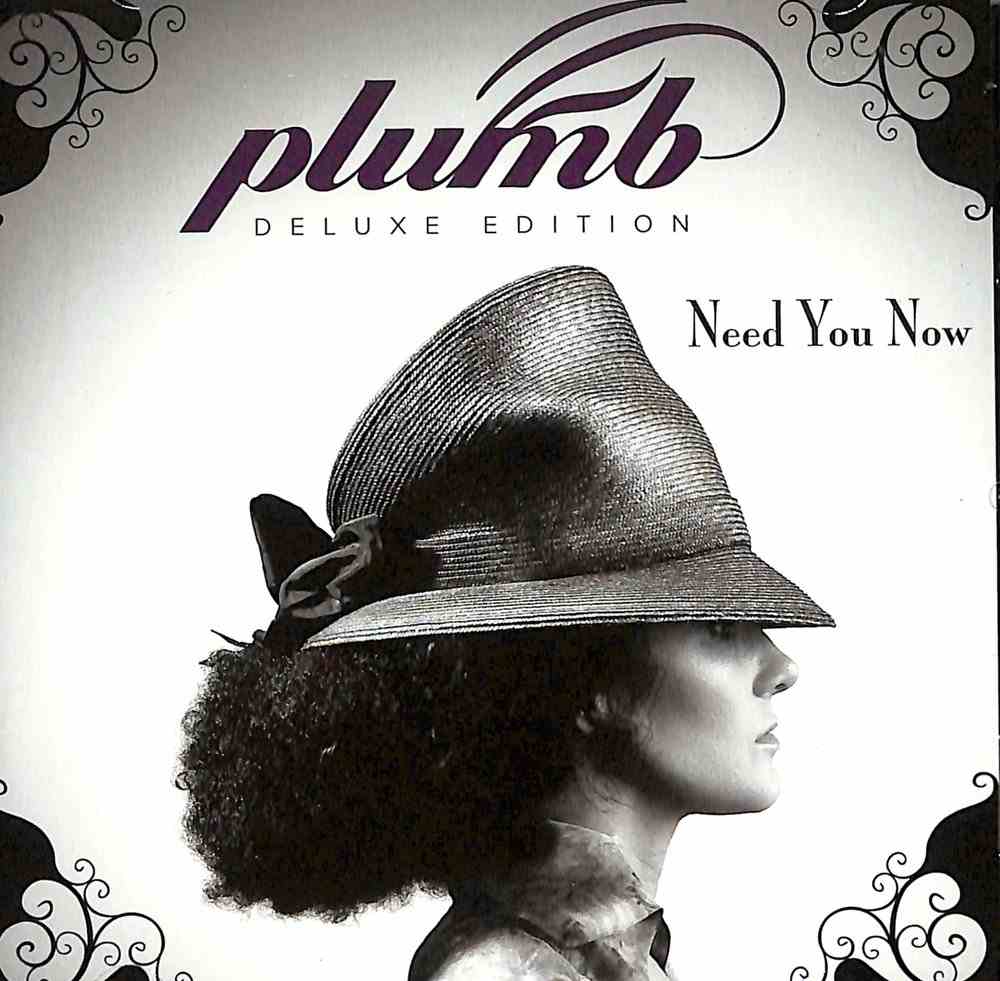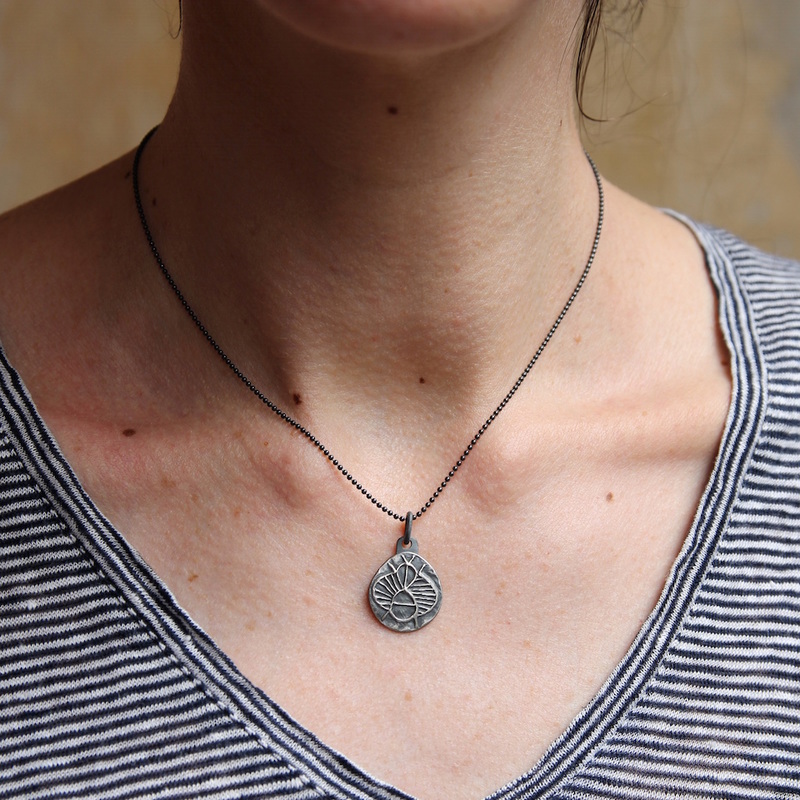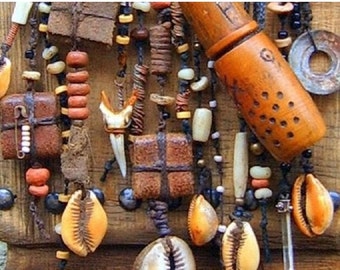

So also was a small stream on the way to the particular home where the former president lived.

The environment was very serene as we drove into the boulevard, with rocks in about two spots in the surrounding as if they were artistic impressions. You would think you were in a mini-presidential villa. The ambience of the Boulevard was mesmerizing and presidential. Arresting, imposing but not vulgar, Obasanjo’s house will surely make you ponder on its aesthetics. The crew and I had arrived the house at about 9am. On Friday, April 16, 2021, an opportunity presented itself again to interview Obasanjo, now former President this time in his house at the Presidential Boulevard, Abeokuta, Ogun State, on behalf of an international institute. In answering, the President began to catalogue all his achievements since inauguration in 1999 as the Nigerian president and ended with a phrasal riposte that still rings in my mind till this day, “don’t let us put words that did not say in the mouth of the common man.” Obasanjo himself found the question diffident and confrontational. Oseni particularly believed that I must have been sent on an evil assignment to embarrass the president by his political traducers. Tunji Oseni, his Chief Press Secretary among that crew.

I still remember Onyema Ugochukwu and late Mr. President?” I asked Obasanjo when it was my turn to fire a salvo of questions at him.īefore us, away from the camera of the NTA, was a coterie of aides who, from their remarks after the interview, didn’t take kindly to my seeming acidic jab at the President. The common man is saying that the life he lived under the military was better than the life he lives now under your administration and in a democracy. President, perhaps because of my closeness to that specie of Nigerians called the Common Man and because of my closeness to him, which affords me the opportunity of being close to him, perhaps more than you, I hear his complaints every time. Now seated before the No 1 Citizen of Nigeria, with the panoply of power and the majesty of office that he hung on his neck like a talismanic necklace, watched by millions of Nigerians, I felt it would be irresponsible of me not to let Obasanjo know about the dissenting murmurs of Nigerians on the streets, warts and all. Obasanjo had been in office for barely a year or so and like the biblical Israelites who grumbled about their existential privations in the wilderness and salivated for their Egyptian past, Nigerians had begun to complain about his administration. Aside from me, other colleagues – Nkechi Nwankwo of the Champion newspaper and one other journalist from the New Nigerian – completed the interview ensemble. John Momoh of Channels Television anchored the interview. We had met in 2001 or so at the Villa for the monthly programme of the office of the President called Presidential Media Chat, beamed live by the Nigerian Television Authority (NTA). But here we were, about 20 years after he having left the office of the President of Nigeria, with his home at the Presidential Villa, Abuja and I, having left the Tribune newspaper, whose platform had brought me to interview him. Did I promise President Olusegun Obasanjo that there would be a ‘rematch’? I cannot precisely remember.


 0 kommentar(er)
0 kommentar(er)
